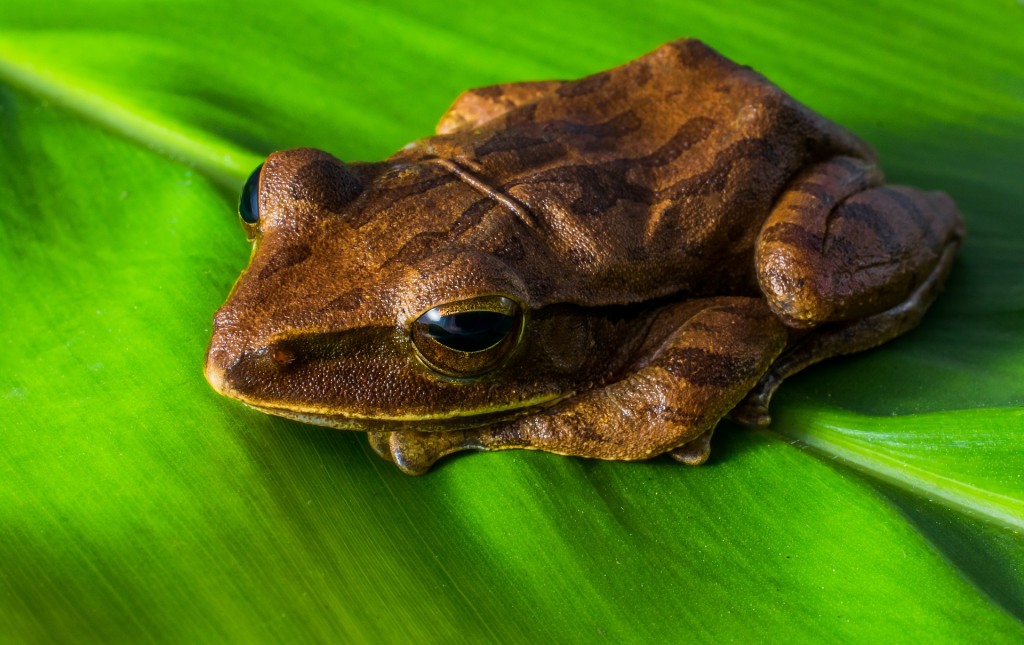1: A Flamingo’s head has to be upside down when it eats
Flamingos are known for standing in shallow water on one leg, but most people are unaware that due to the way in which they have developed a Flamingo has to use the bristles at the top of its beak to filter out the mud and water that gets sucked in along with its actual food. It therefore has to eat with its beak upside down as otherwise it would be unable to filter its food properly.
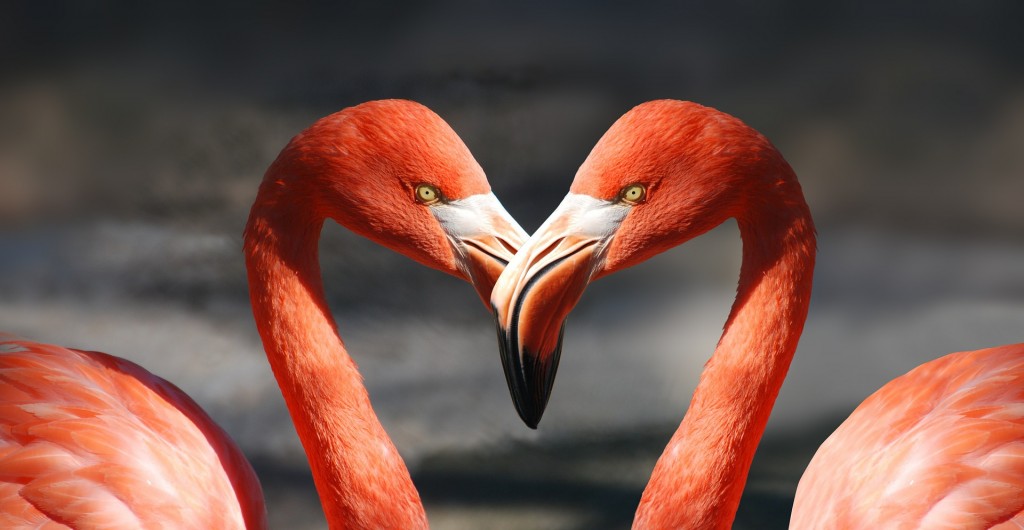
2: Female ferrets die if they do not mate once they go into heat
When a female Ferret goes in to heat their bodies produce a high amount of the hormone ‘oestrogen’ which will continue to be produced en masse until she has mated. Having such high quantities of oestrogen for a prolonged period of will eventually result in Aplastic Anaemia, which is caused by the damage sustained by the bone marrow and blood cells by the high levels of the hormone.
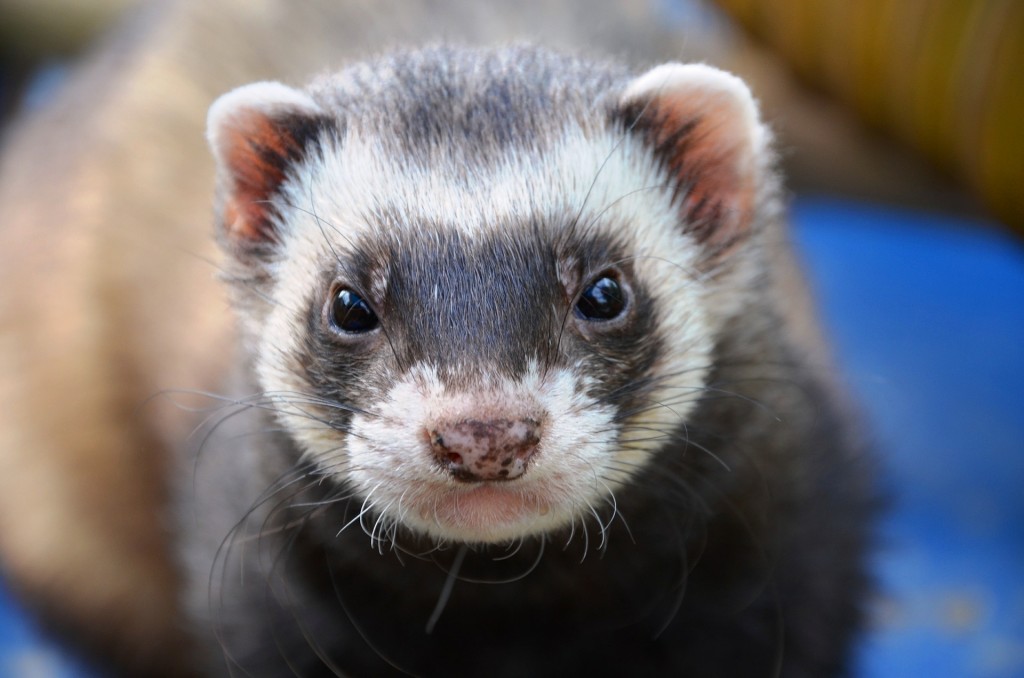
3: Only half a Dolphin’s brain sleeps at a time
Dolphins are mammals so although they live in the sea, and can hold their breath for an exceptionally long time, they do have to come up for air from time to time. It is for this reason that a Dolphin’s brain will never fully disengage, as it still needs to retain enough motor control to occasionally go up to the surface and breath. Dolphins also sleep with one eye open at all times.
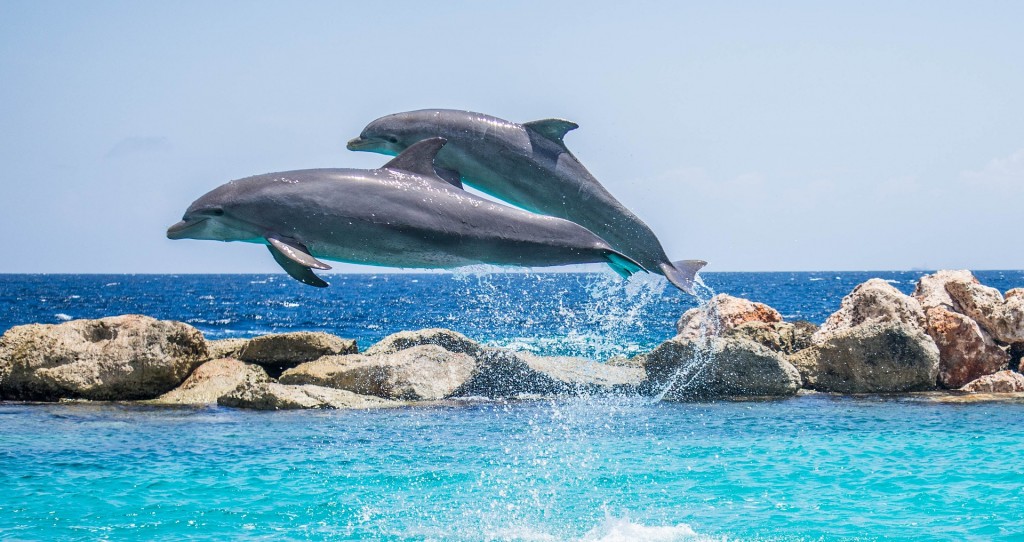
4: Blue Whales are immensely heavy
On the surface this does not sound too strange but the size and weight of Blue Whales is much greater than most believe or can picture in their mind. The average Blue Whale weighs the equivalent of 3-4 Elephants, with the weight of 1 Elephant being in the Whales tongue alone!
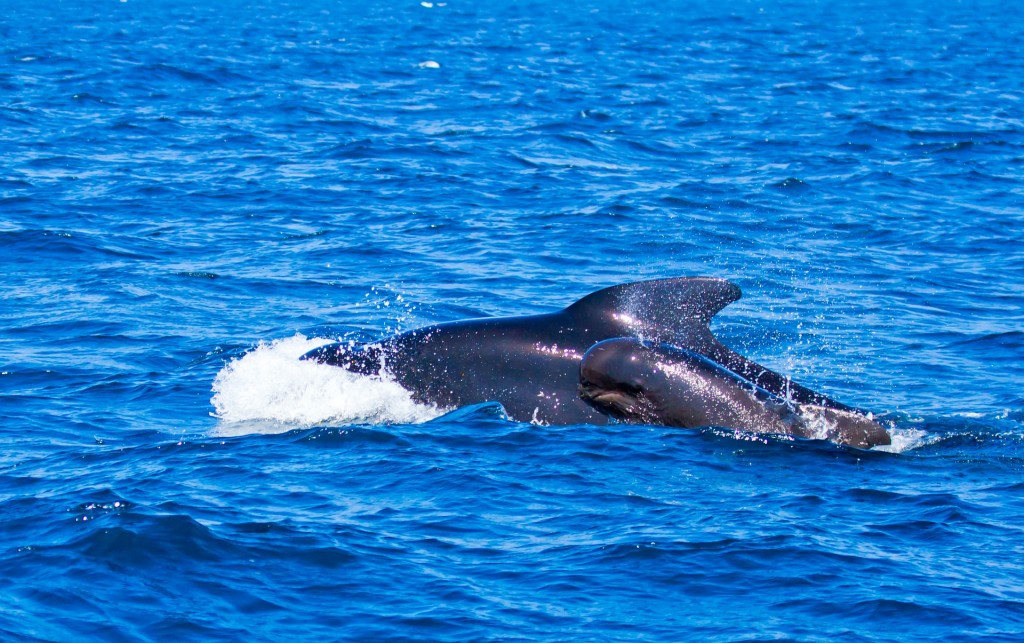
5: Armadillos can catch leprosy
Leprosy is a bacterial infection that affects humans and if left untreated will go on to cause severe damage to the skin, nerves, extremities and eyes; eventually leading to them going numb and allowing them to get secondary infections which may result in the loss of the appendage. Very few infections affect multiple species of animal, but leprosy is one of the few that actually can as it is able to infect both humans and, for some reason, Armadillos.
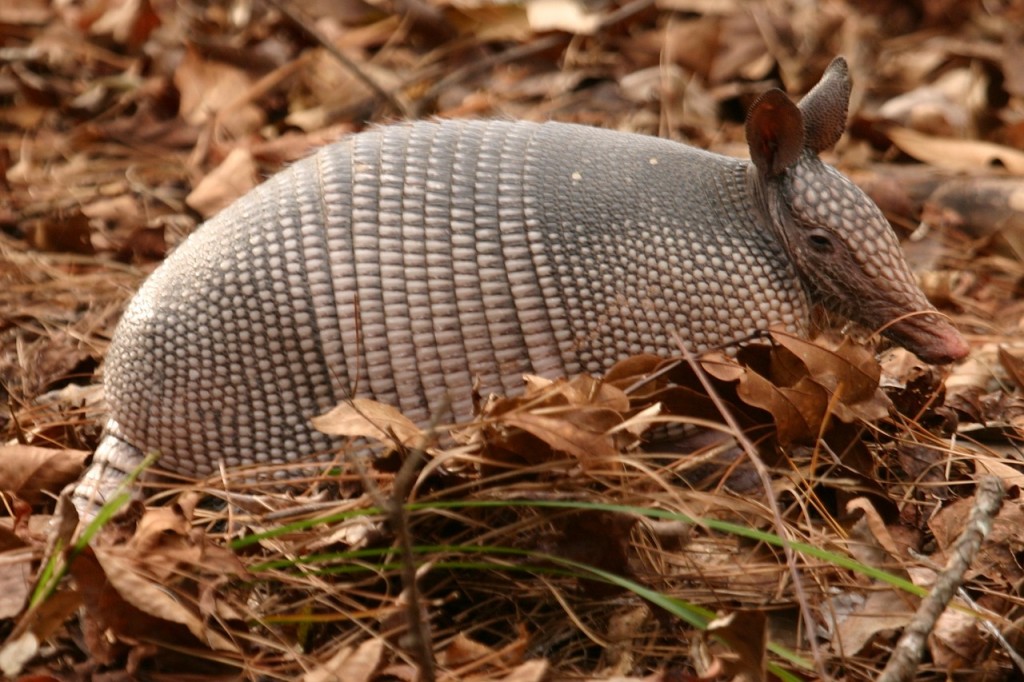
6: A Cockroach’s brain is in its body
One of the ultimate survivors, the Cockroach, unlike most animals, can survive decapitation as its brain is not actually housed inside it, but rather inside of its body. Once decapitated a Cockroach will keep on ticking, walking around, going about its business; eventually dying from starvation as it no longer has a mouth to eat with.
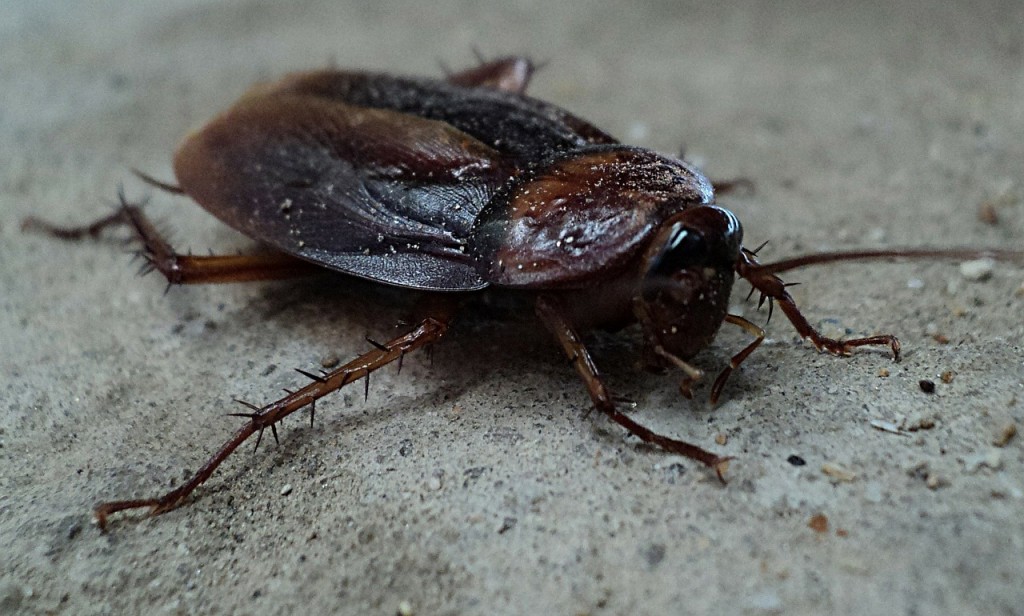
7: Frogs have a 360° visual range
The eyes of a frog are made and positioned in such a way that at any given moment they can see everything around them, including what is behind them. As if this did not make them difficult enough to sneak up on, frogs also sleep with both of their eyes open.
